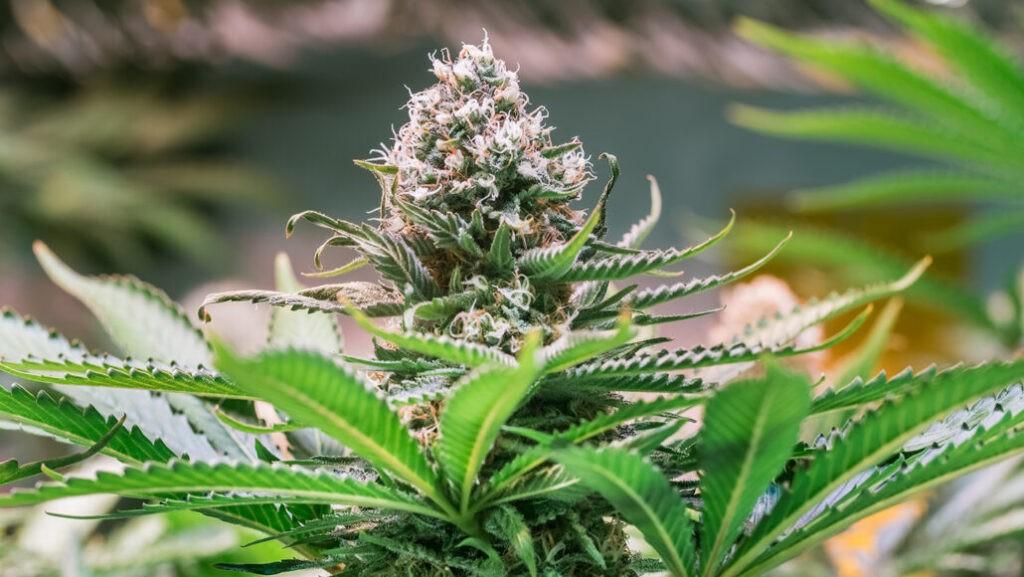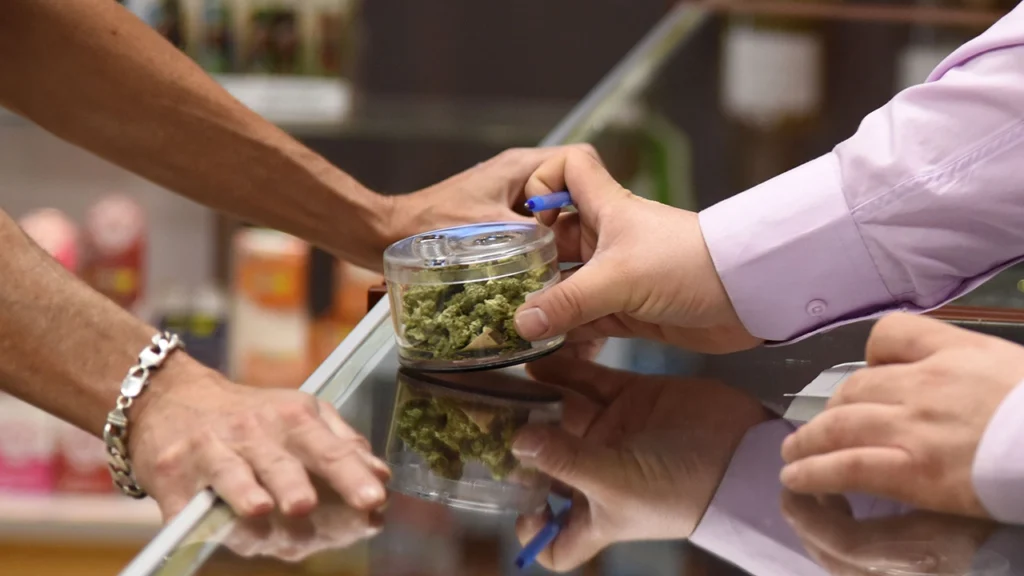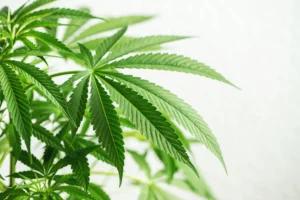According to a new study published by the journal Respiratory Research, activation of the body’s cannabinoid-2 receptor ameliorates (makes better) pseudomonas aeruginosa-induced lung injury and inflammation, “thus paving the path for new therapeutic avenues against PA pneumonia.”
As noted by the study’s abstract, bacterial pneumonia is a major risk factor for acute lung injury (ALI) and acute respiratory distress syndrome (ARDS). Pseudomonas aeruginosa (PA), an opportunistic pathogen with an increasing resistance acquired against multiple drugs, “is one of the main causative agents of ALI and ARDS in diverse clinical settings.”
Given the anti-inflammatory role of the cannabinoid-2 receptor (CB2R), “the effect of CB2R activation in the regulation of PA-induced ALI and inflammation was tested in a mouse model as an alternative to conventional antibiotic therapy.” CB2R activation is done naturally through the consumption of cannabis and cannabinoids.
Continue reading











